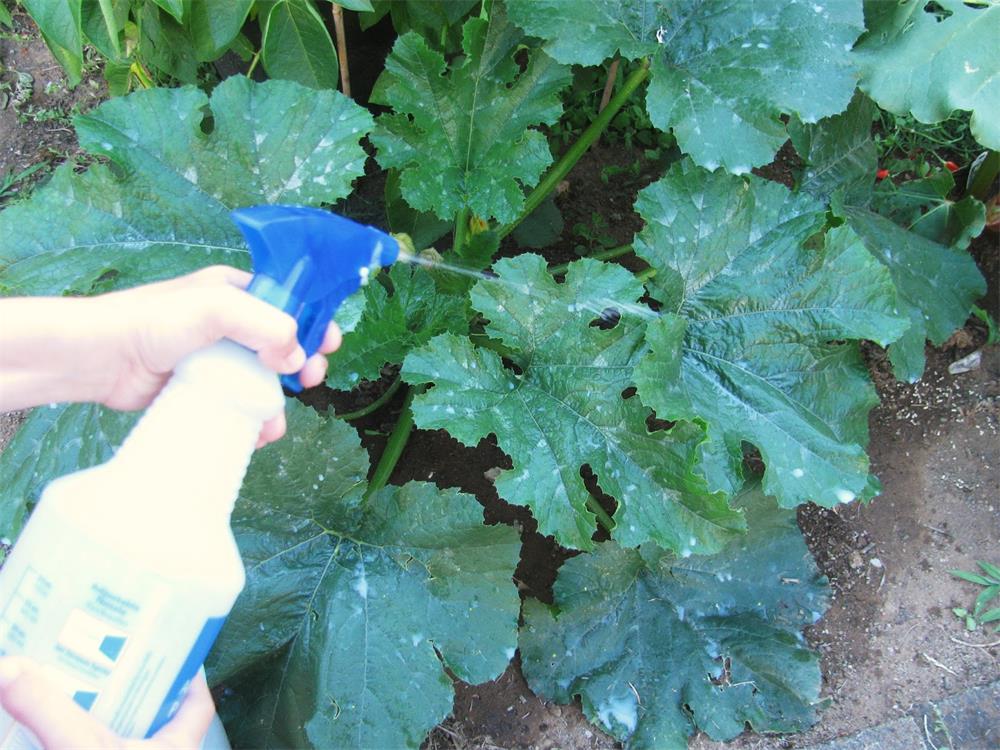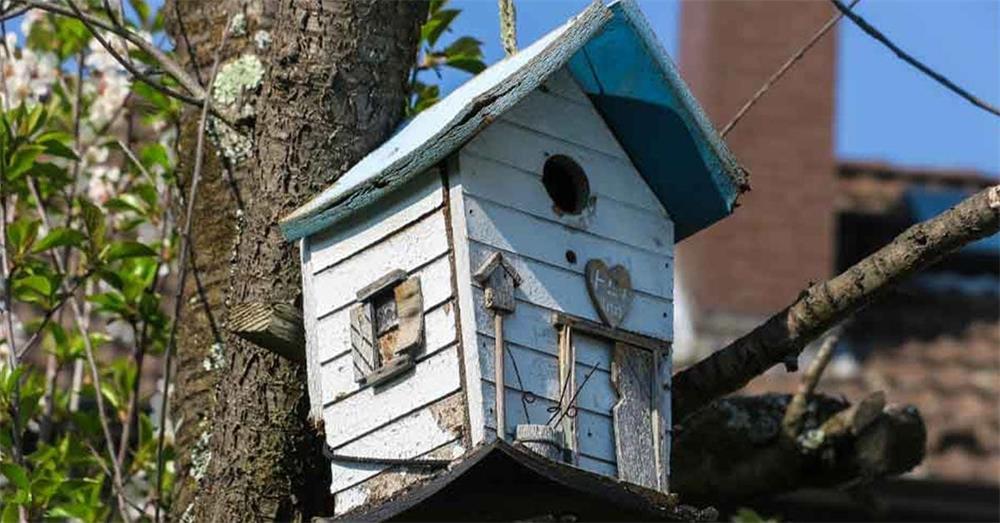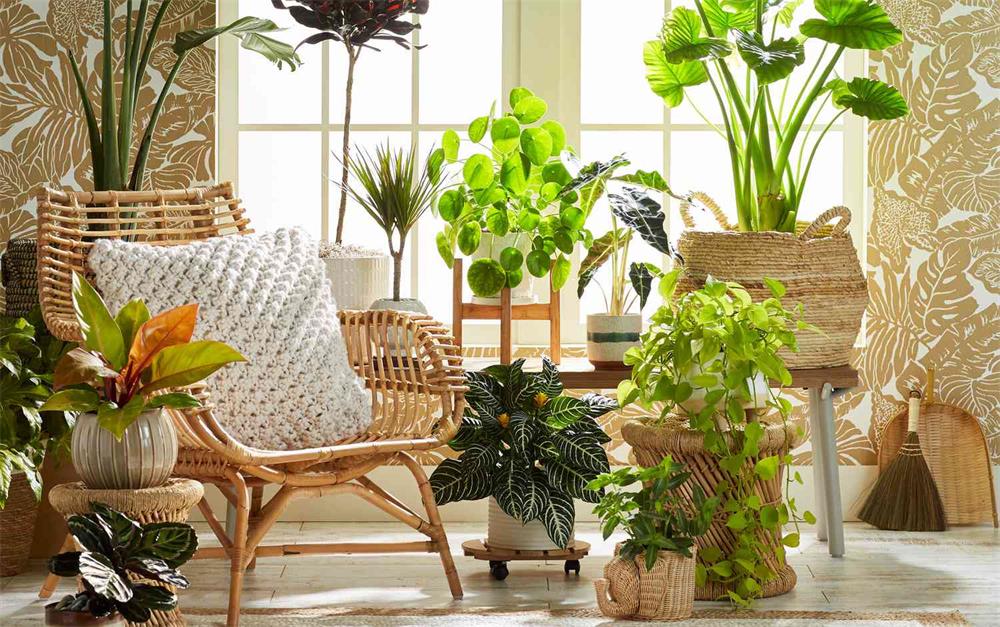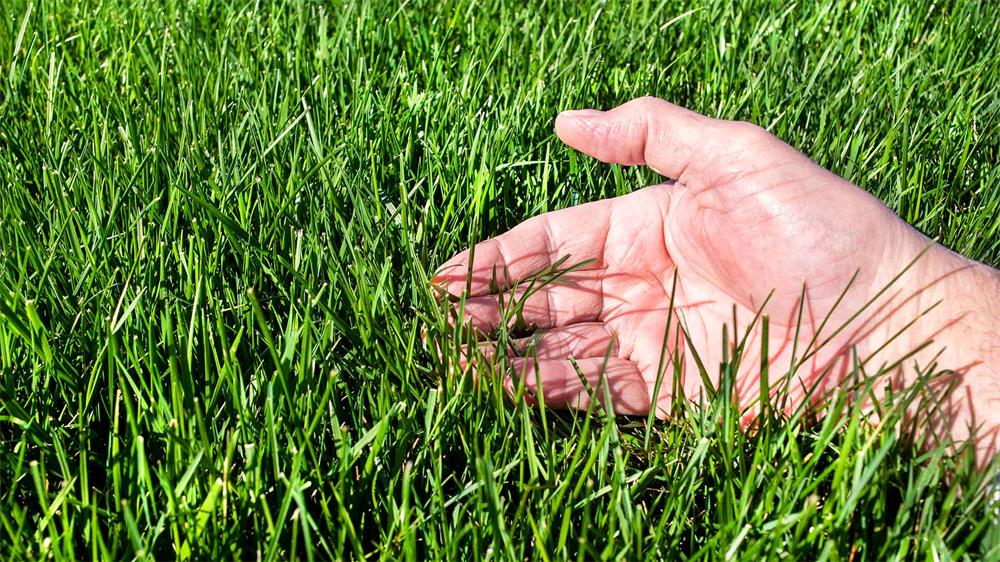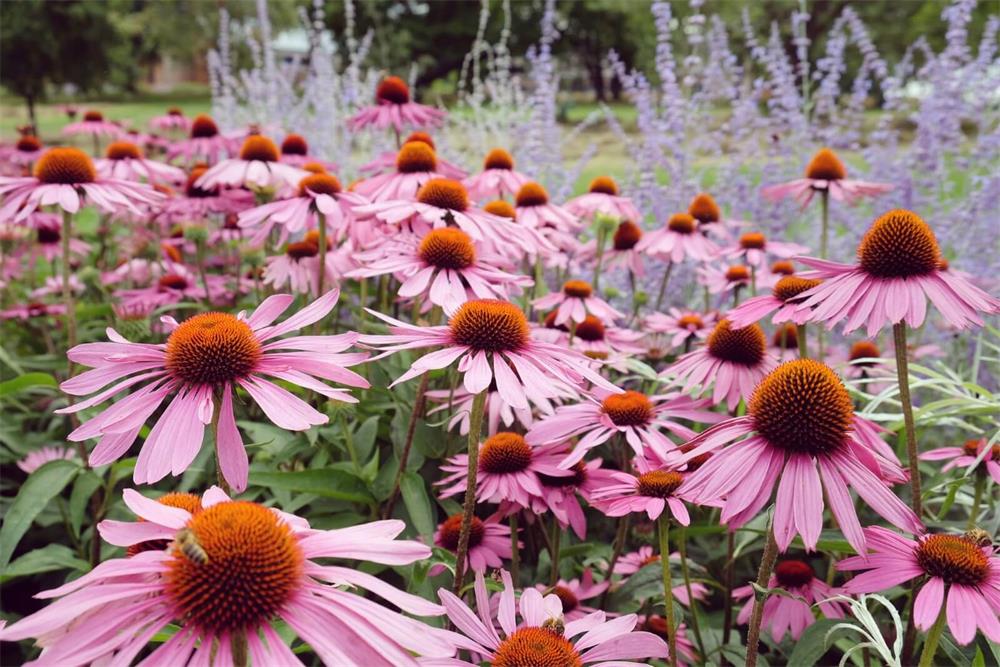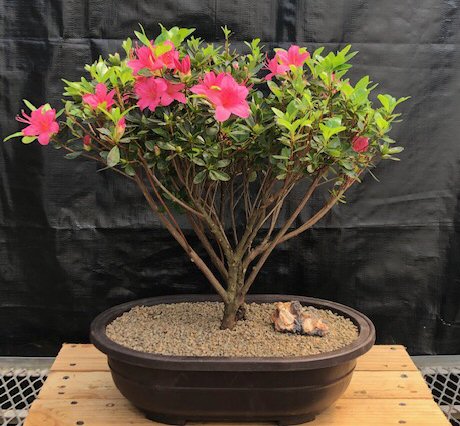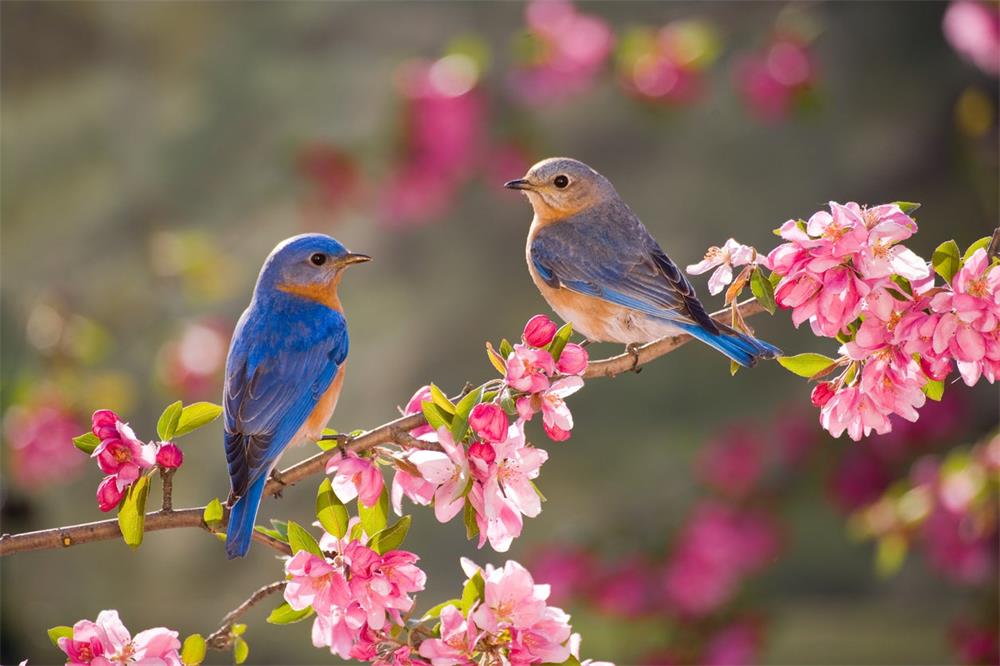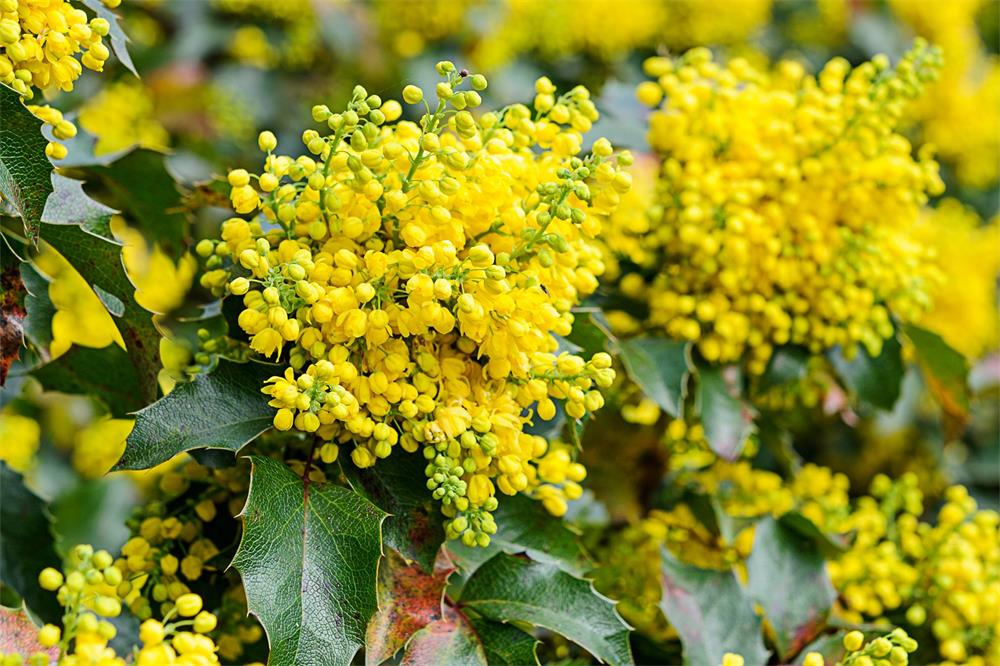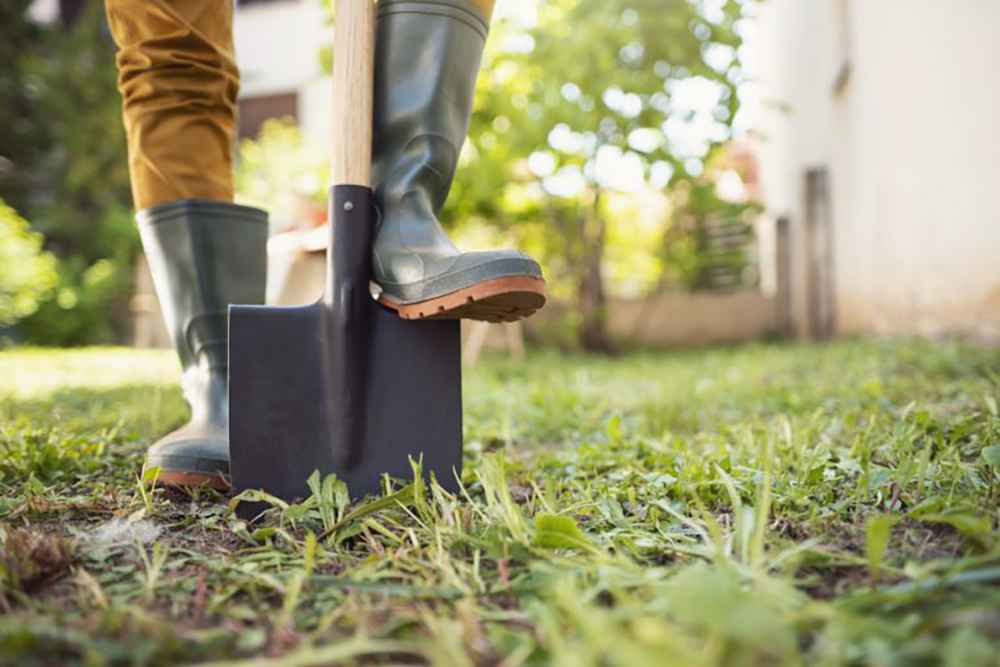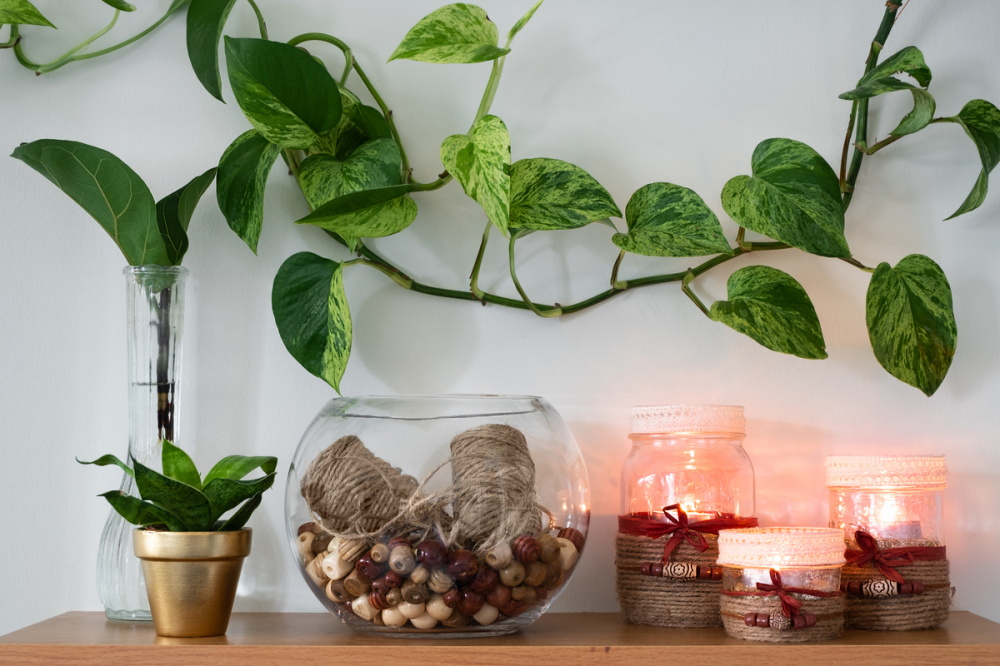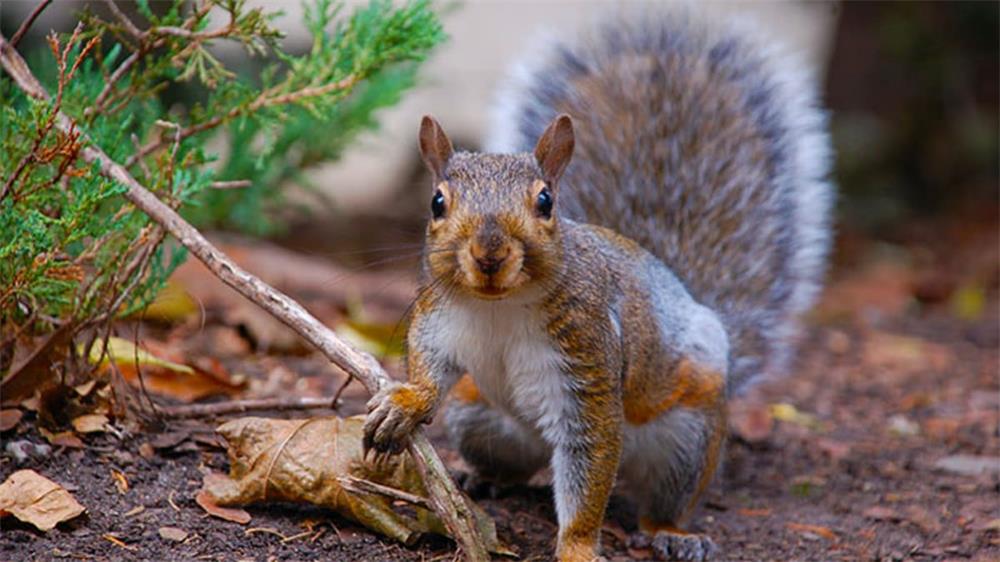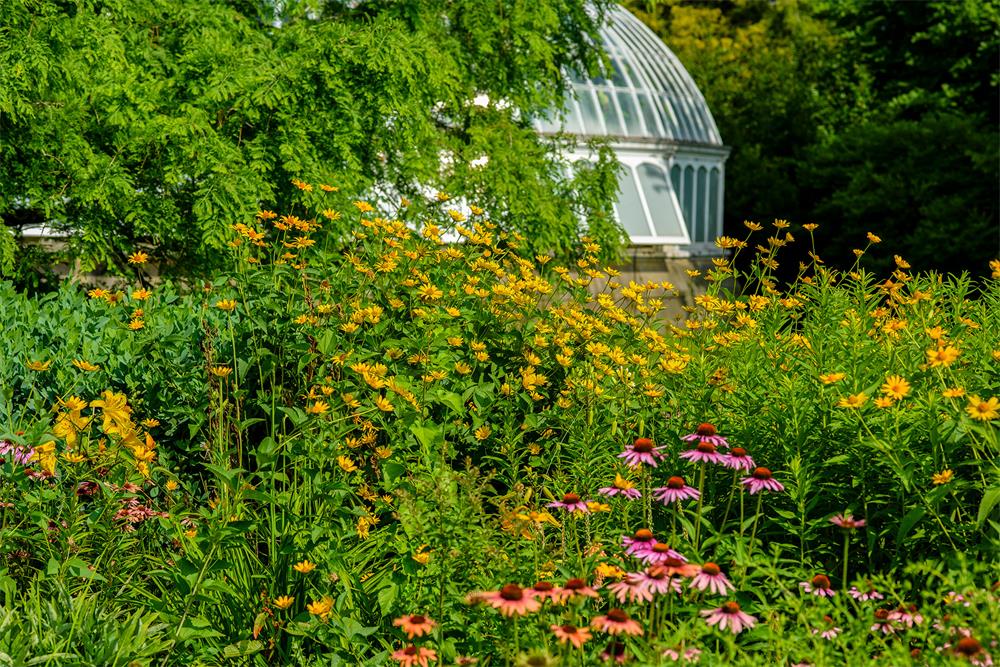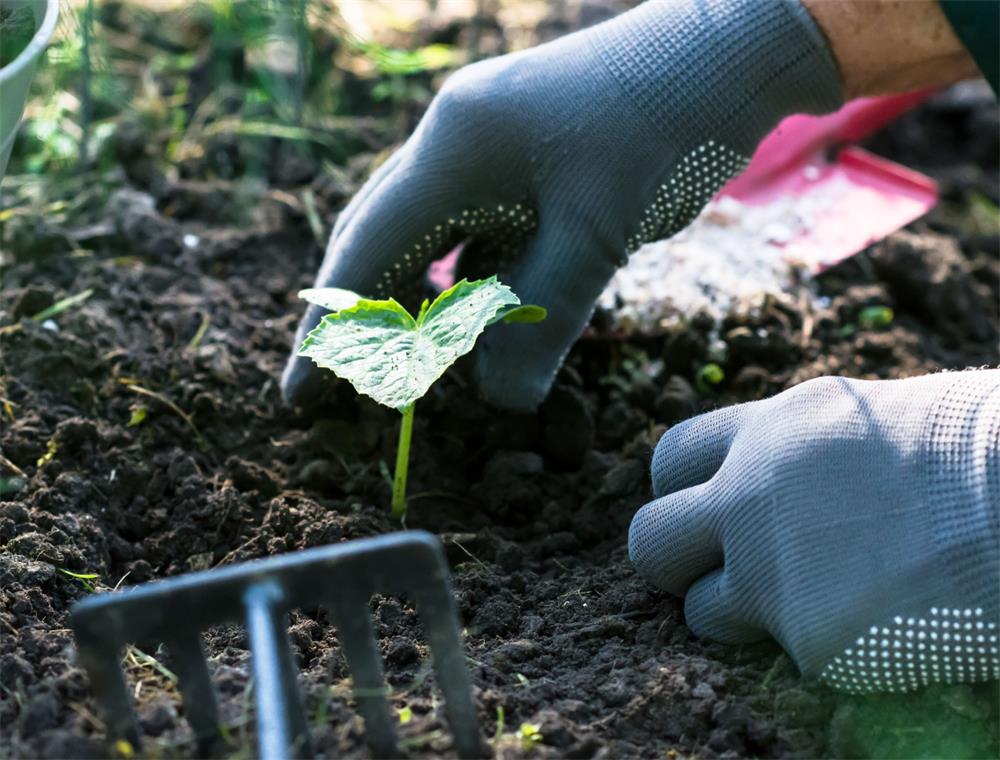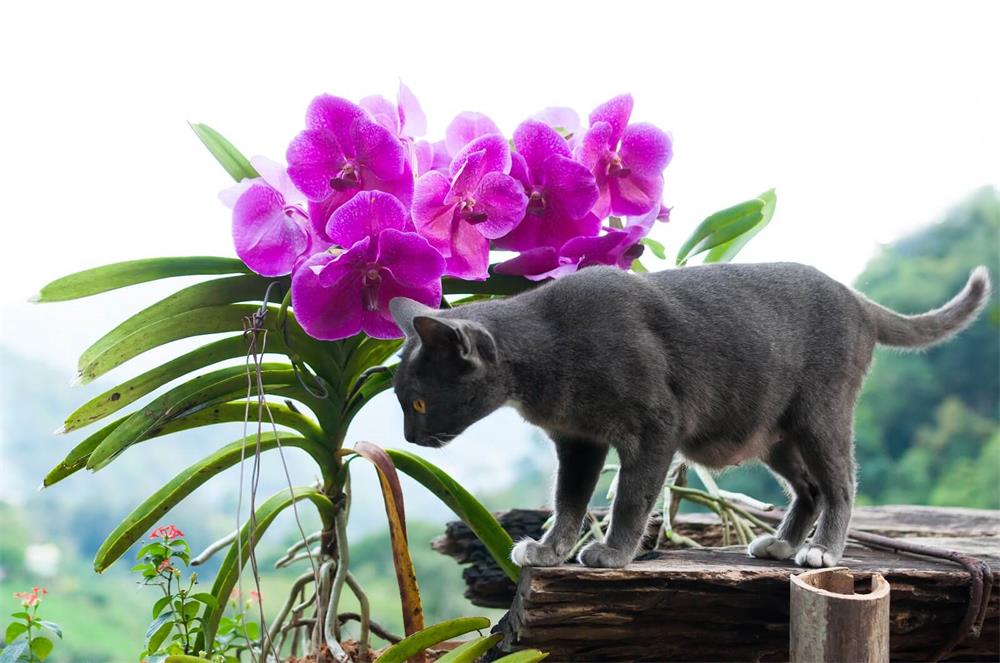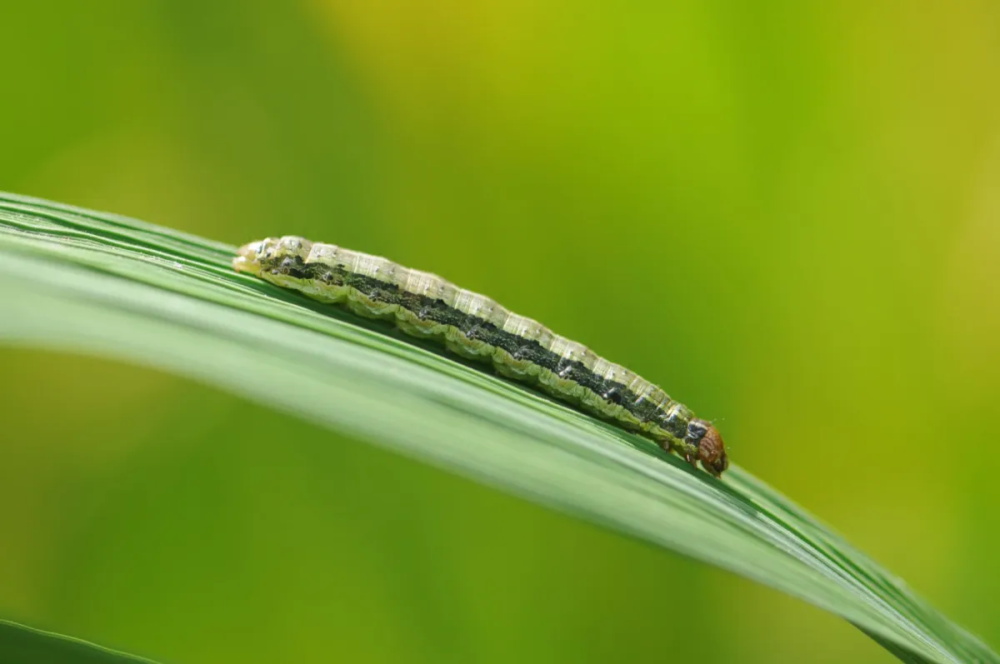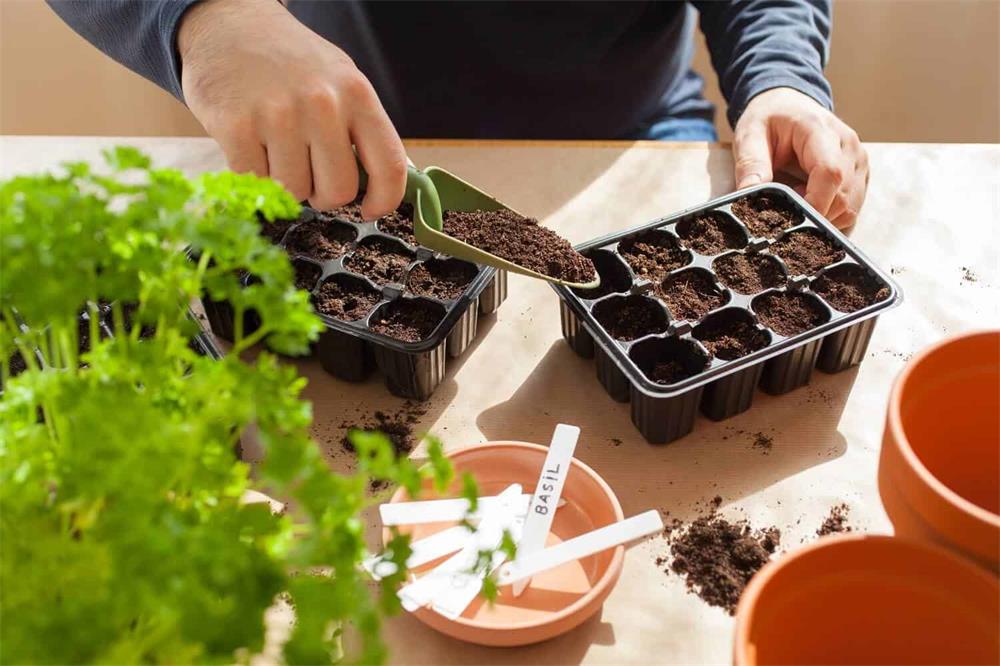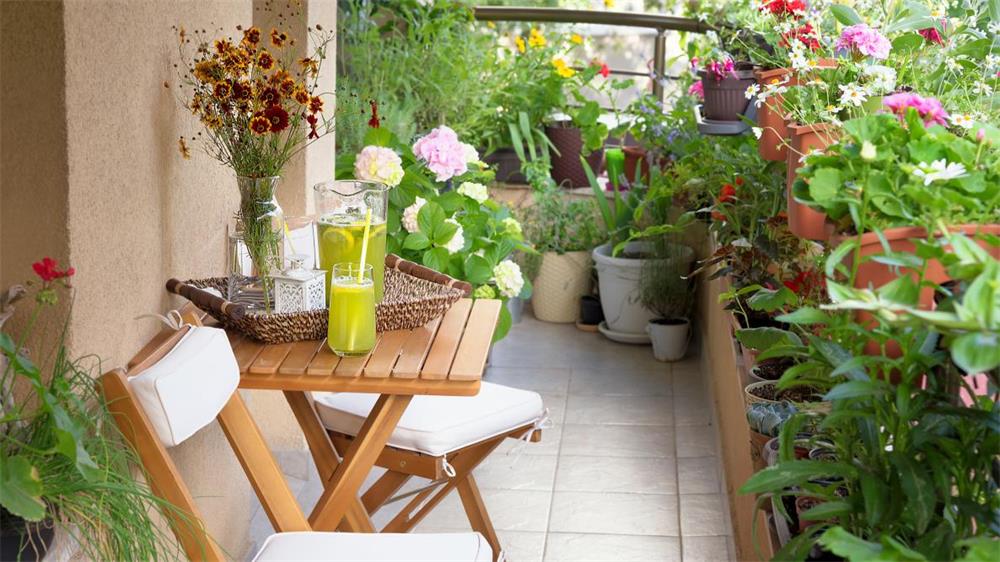
Table of Contents
Do you love plants but live in a small apartment? Don’t worry, you can still enjoy the benefits of gardening without having a large yard or balcony. Apartment gardening is a great way to add some greenery, freshness, and beauty to your living space. You can grow herbs, vegetables, fruits, and flowers in containers, window boxes, vertical gardens, or even indoor hydroponics. All you need is some creativity, patience, and these tips to get started.
Choose the Right Plants for Your Space and Conditions
The first step to apartment gardening is to choose plants that suit your space and conditions. Consider the following factors:
- Sunlight: How much direct sunlight does your apartment get? Most plants need at least six hours of sun per day to thrive, but some can tolerate less. For example, salad greens, herbs, and succulents can grow well in partial shade, while tomatoes, peppers, and strawberries need full sun. If you don’t have enough natural light, you can use artificial grow lights to supplement your plants.
- Soil: What kind of potting mix do you need for your plants? You can’t use regular garden soil for container gardening, as it will compact and prevent water drainage and air circulation. You need a well-draining potting mix that is light and fluffy, and contains organic matter and nutrients. You can buy ready-made potting mix or make your own by mixing peat moss, perlite, vermiculite, compost, and fertilizer.
- Water: How often do you need to water your plants? This depends on the type of plants, the size of the containers, the potting mix, and the weather. Generally, plants in containers need more frequent watering than plants in the ground, as they dry out faster. You can check the soil moisture by inserting your finger into the pot. If it feels dry up to the second knuckle, it’s time to water. You can also use self-watering pots or drip irrigation systems to automate the watering process.
- Humidity: How humid is your apartment? Some plants prefer high humidity levels, while others like dry air. If your apartment is too dry for your plants, you can increase the humidity by misting them regularly, placing them on trays of water with pebbles, or grouping them together. If your apartment is too humid for your plants, you can reduce the humidity by improving the ventilation, using a dehumidifier, or choosing plants that are more tolerant of moisture.
- Wind: How windy is your apartment? If you have a balcony or a rooftop garden, you may have to deal with strong winds that can damage your plants. You can protect your plants by using sturdy containers that won’t tip over easily, providing windbreaks such as screens or railings, or choosing plants that are more resistant to wind.
Use Creative Ways to Maximize Your Space
One of the biggest challenges of apartment gardening is finding enough space for your plants. Here are some creative ways to maximize your space and make use of vertical surfaces:
- Hanging pots: You can hang pots from the ceiling, walls, windowsills, or railings using hooks, brackets, chains, ropes, or wires. Hanging pots are ideal for trailing plants such as ivy, ferns, spider plants, or pothos.
- Layered gardens: You can stack pots on top of each other using tiered planters, shelves, ladders, or crates. Layered gardens are great for creating visual interest and growing different types of plants in one area.
- Vertical gardens: You can create vertical gardens by attaching pots or planters to a wall or a trellis using nails, screws, hooks, or zip ties. Vertical gardens are perfect for climbing plants such as vines,
cucumbers, or beans. - Window boxes: You can install window boxes on your windowsills or outside your windows using brackets or suction cups. Window boxes are suitable for growing herbs, flowers, or strawberries.
Take Care of Your Plants Regularly
To keep your apartment garden healthy and productive, you need to take care of your plants regularly. Here are some basic maintenance tips:
- Prune: Pruning is cutting off dead, diseased, or unwanted parts of your plants to improve their shape, size, and health. You should prune your plants when they are dormant, usually in late winter or early spring, or when they show signs of damage or disease. Use sharp scissors or pruners to make clean cuts at an angle, and disinfect your tools after each use.
- Fertilize: Fertilizing is adding nutrients to your plants to boost their growth and yield. You should fertilize your plants according to their specific needs and the type of potting mix you use. You can use organic or synthetic fertilizers, liquid or granular forms, or slow-release or fast-acting types. Follow the instructions on the label and apply the fertilizer at the right time and amount. Avoid over-fertilizing your plants, as this can cause a nutrient burn or salt buildup in the soil.
- Harvest: Harvesting is picking your fruits, vegetables, herbs, or flowers when they are ripe, mature, or ready to use. You should harvest your plants regularly to encourage more production and prevent spoilage or pests. Harvest your plants in the morning or evening when they are cool and crisp, and use sharp scissors or knives to cut them cleanly. Wash and store your harvest properly to preserve its freshness and quality.
- Pest control: Pest control is preventing or managing insects, diseases, or animals that can harm your plants. You should inspect your plants regularly for any signs of damage or infestation, and act quickly to treat them. You can use physical methods such as hand-picking, trapping, or spraying with water to remove pests, or biological methods such as introducing beneficial insects or microorganisms to control pests. You can also use natural or chemical pesticides to kill pests, but be careful not to harm your plants or yourself.
Enjoy the Benefits of Your Apartment Garden
Apartment gardening is not only a fun and rewarding hobby, but also a way to improve your well-being, reduce your food waste, purify your air, and connect with nature. By following these tips, you can grow a beautiful and bountiful garden in your small space. Enjoy the fruits of your labor and share them with your friends and family.



